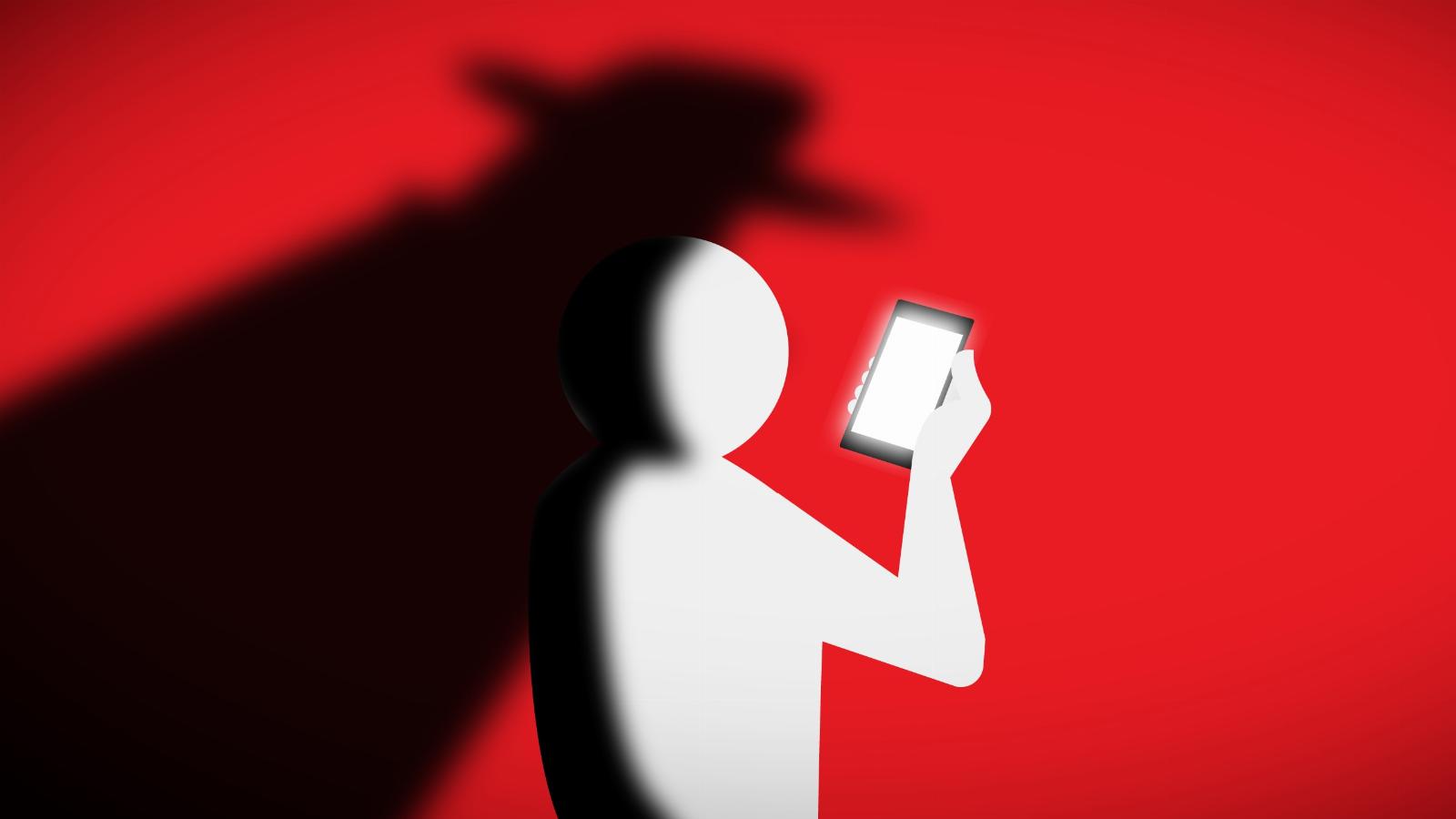
It’s not all doom and gloom: When cybersecurity gave us hope in 2023
Reading Time: 3 minutesSometimes though — albeit rarely — there are glimmers of hope that we want to share. Not least because doing the right thing, even (and especially) in the face of adversity, helps make the cyber-realm that little bit safer.
Bangladesh thanked a security researcher for citizen data leak discovery
That’s when the country’s computer emergency incident response team, also known as CIRT, got in touch and confirmed the leaking database had been fixed. The data was spilling from none other than the country’s birth, death and marriage registrar office. CIRT confirmed in a public notice that it had resolved the data spill and that it left ‘no stone unturned’ to understand how the leak happened. Governments seldom handle their scandals well, but an email from the government to the researcher thanking them for their finding and reporting the bug shows the government’s willingness to engage over cybersecurity where many other countries will not.
Apple throwing the kitchen sink at its spyware problem
It’s been more than a decade since Apple dropped its now-infamous claim that Macs don’t get PC viruses (which while technically true, those words have plagued the company for years). These days the most pressing threat to Apple devices is commercial spyware, developed by private companies and sold to governments, which can punch a hole in our phones’ security defenses and steal our data. It takes courage to admit a problem, but Apple did exactly that by rolling out Rapid Security Response fixes to fix security bugs actively exploited by spyware makers.
Apple rolled out its first emergency ‘hotfix’ earlier this year to iPhones, iPads and Macs. The idea was to roll out critical patches that could be installed without always having to reboot the device (arguably the pain point for the security-minded). Apple also has a setting called Lockdown Mode, which limits certain device features on an Apple device that are typically targeted by spyware. Apple says it’s not aware of anyone using Lockdown Mode who was subsequently hacked. In fact, security researchers say that Lockdown Mode has actively blocked ongoing targeted hacks.
Taiwan’s government didn’t blink before intervening after corporate data leak
Leaky U.S. court record systems sparked the right kind of alarm
At the heart of any judicial system is its court records system, the tech stack used for submitting and storing sensitive legal documents for court cases. These systems are often online and searchable, while restricting access to files that could otherwise jeopardize an ongoing proceeding. But when security researcher Jason Parker found several court record systems with incredibly simple bugs that were exploitable using only a web browser, Parker knew they had to see that these bugs were fixed.
Parker found and disclosed eight security vulnerabilities in court records systems used in five U.S. states — and that was just in their first batch disclosure. Some of the flaws were fixed and some remain outstanding, and the responses from states were mixed. Florida’s Lee County took the heavy-handed (and self-owning) position of threatening the security researcher with Florida’s anti-hacking laws. But the disclosures also sent the right kind of alarm. Several state CISOs and officials responsible for court records systems across the U.S. saw the disclosure as an opportunity to inspect their own court record systems for vulnerabilities. Govtech is broken (and is desperately underserved), but having researchers like Parker finding and disclosing must-patch flaws makes the internet safer — and the judicial system fairer — for everyone.
Google killed geofence warrants, even if it was better late than never
It was Google’s greed driven by ads and perpetual growth that set the stage for geofence warrants. These so-called ‘reverse’ search warrants allow police and government agencies to dumpster dive into Google’s vast stores of users’ location data to see if anyone was in the vicinity at the time a crime was committed. But the constitutionality (and accuracy) of these reverse-warrants have been called into question and critics have called on Google to put an end to the surveillance practice it largely created to begin with. And then, just before the holiday season, the gift of privacy: Google said it would begin storing location data on users’ devices and not centrally, effectively ending the ability for police to obtain real-time location from its servers.
Reference: https://techcrunch.com/2023/12/30/when-cybersecurity-gave-us-hope-2023/
Ref: techcrunch
MediaDownloader.net -> Free Online Video Downloader, Download Any Video From YouTube, VK, Vimeo, Twitter, Twitch, Tumblr, Tiktok, Telegram, TED, Streamable, Soundcloud, Snapchat, Share, Rumble, Reddit, PuhuTV, Pinterest, Periscope, Ok.ru, MxTakatak, Mixcloud, Mashable, LinkedIn, Likee, Kwai, Izlesene, Instagram, Imgur, IMDB, Ifunny, Gaana, Flickr, Febspot, Facebook, ESPN, Douyin, Dailymotion, Buzzfeed, BluTV, Blogger, Bitchute, Bilibili, Bandcamp, Akıllı, 9GAG